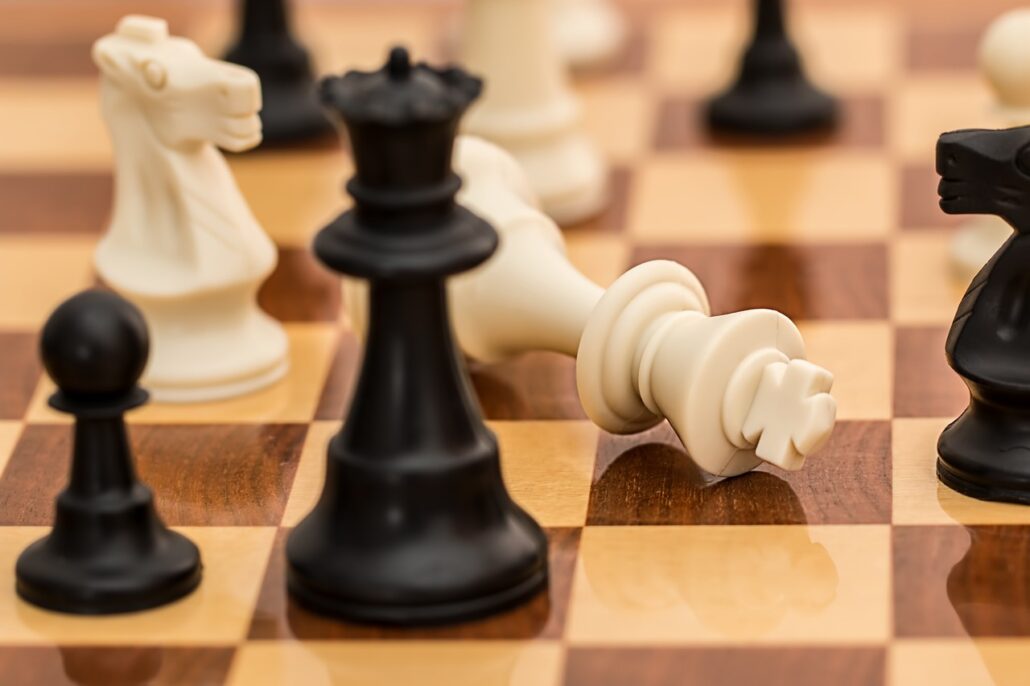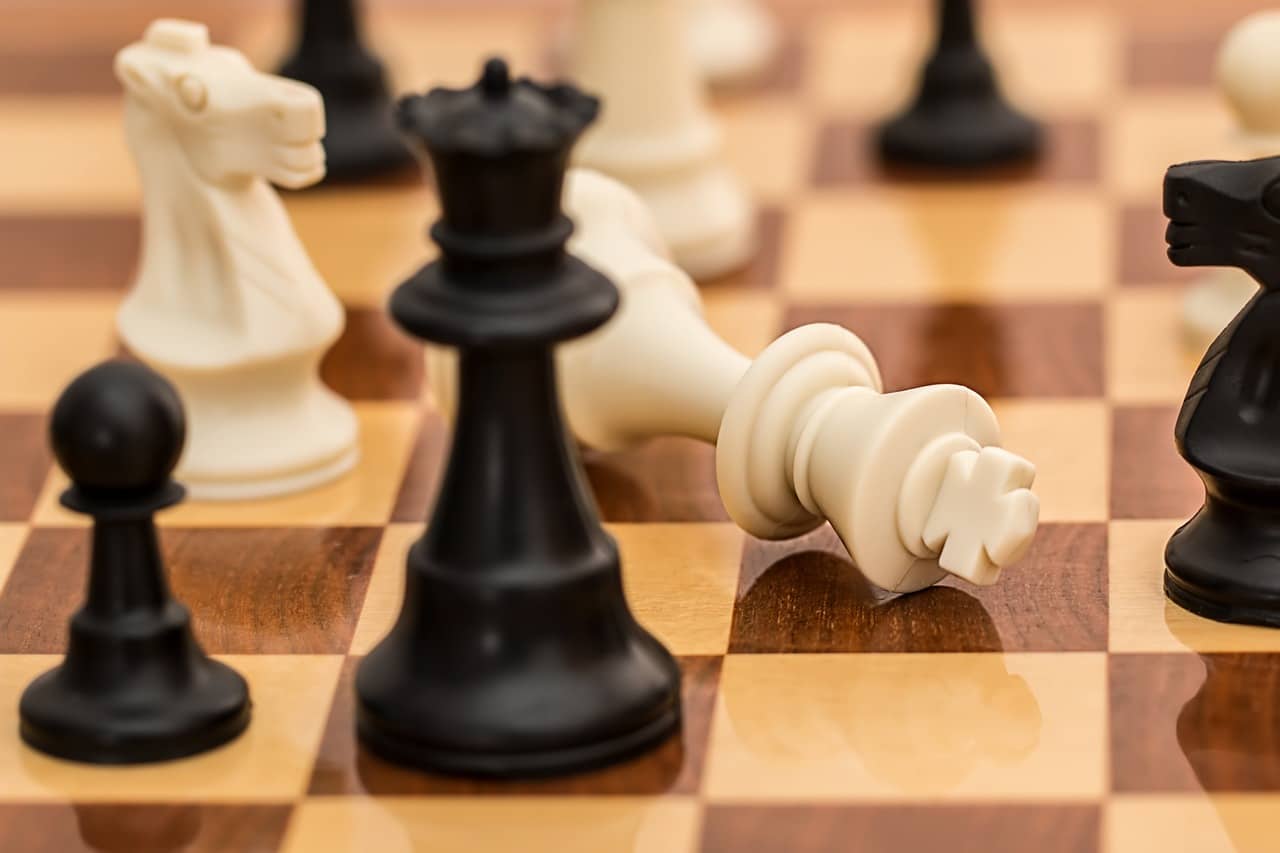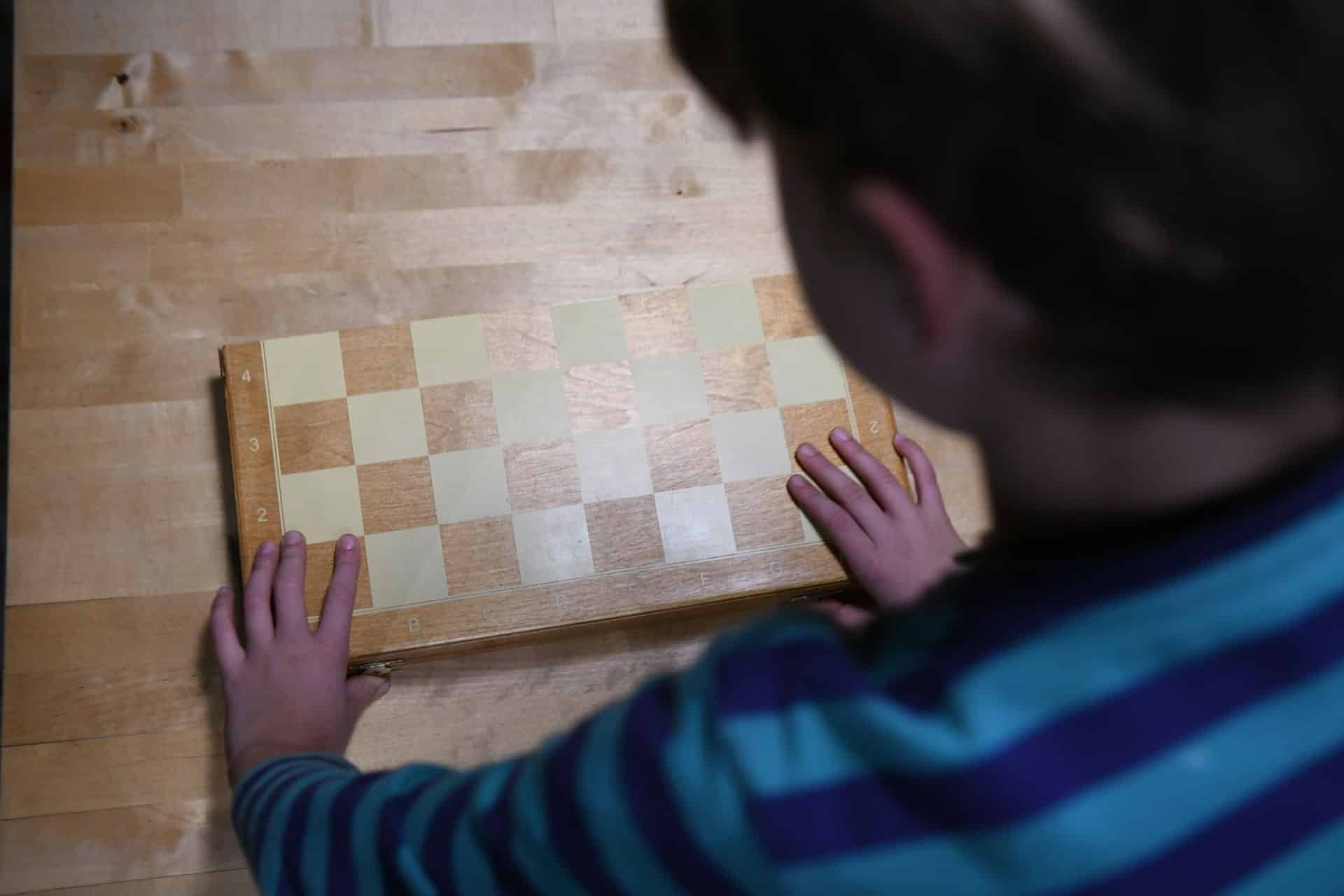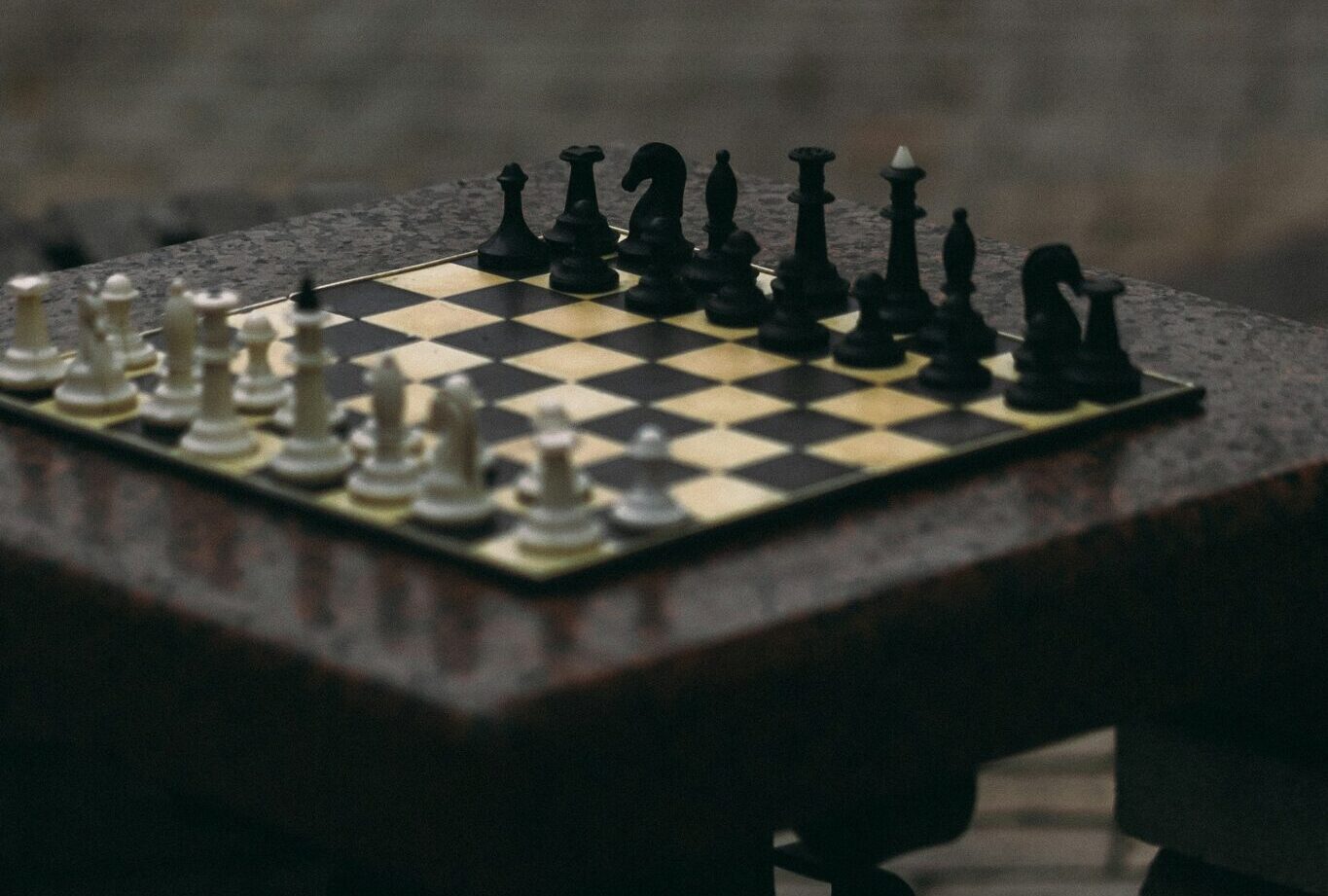Chess is a peculiar game. Observing grandmasters like Magnus Carlsensen playing tournaments resembles watching artists at work. Ordinary people don’t have the mental capabilities of famous grandmasters. Remembering complicated positions requires photographic memory and deep thinking. But that’s not a reason not to enjoy such a beautiful game. Even recreational play develops cognitive functions and improves mental performance in kids and adults. Students are especially fond of its strategic nature. Chess is a game where two will powers confront each other in a display of extraordinary skills. Chess battles can drain a lot of energy needed for studying. In return, players gain more insight and problem-solving skills. It resembles going to a gym but for training brain muscles.

Table of Contents
Key Benefits of Learning Chess
Indulging in mind games resembling Sudoku, puzzles, or Go is beneficial for cognitive development. Chess can help children by improving problem-solving skills. It’s also a fun way of introducing youngsters to primary socialization. Students who have never played similar activities should try learning the basics of chess. Sounder focus, memory, and creative thinking are some possible advantages.
Solving Student Assignments in Creative Ways
Understanding a topic from various angles requires stepping in someone’s shoes. All college students need people skills in their arsenal. And it is something that chess teaches. Mastering essay papers and regular homework comes easier to chess enthusiasts. Experienced players are just more focused on a task. There’s always a possibility of hiring expert help at Papers Owl essay writing service if a student wants to have everything under control. Thus, you won’t need a tutorial website, yet learn how to manage such tasks. So, it is a proven way to develop brain muscles and improve academic performance.
After two semesters of chasing rooks and queens, the ability to multitask and solve complex issues becomes evident. Watch how creative thinking becomes second nature as academic performance improves tremendously.
Aside from enhancing problem-solving, chess develops logic and spatial awareness. Decoding and analyzing opponents while predicting their moves trains a brain to think in certain ways. Regular players are more goal-orientated. Getting a research paper done on time becomes a challenge more than a tedious task. It’s quite remarkable how an easy game improves your problem-solving skills. That’s because it is deceptively simple. Millions of possible variations require constant contemplating about potential outcomes. So, both sides of the brain work overtime. The one involved in creative thinking plus the one assigned to solving complex issues. The result is faster thinking and working smarter, not harder.
Learning Through Mistakes
Trying different openings and defense maneuvers is a wonderful opportunity to learn an important lesson. It’s okay to make mistakes. Blunders are merely obstacles to students’ path of understanding. Most academic studies claim that stepping out of one’s comfort zone is essential for acquiring unique skills. Repetition translates into knowledge. Mastering chess involves a lot of trial and error. Without pain, there’s no gain. Acknowledging facts helps us grow. Such a process teaches students how hard it is to master a fresh craft, pass final exams, or ask a girl out. But it’s another story.
Building Self-confidence
There’s no better feeling in the world than realizing you are becoming good at something. Play the piano each day and mature into a finer musician. Write stories every day and evolve into a remarkable writer. Enjoy chess regularly, and you’ll excel at everything. Students who regularly indulge in casual play notice steady improvements in their cognitive abilities. Many expert chess players also show sounder emotional intelligence. Growing and becoming an improved version of oneself surely reflects on one’s confidence in numerous positive ways. Explore strategies resembling Sicilian defense. Try the Queen’s gambit. Watch improved results start occurring in every life aspect.
Understanding Strategic Approach
Somehow, chess stimulates the growth of nerve cells and neuron connections. That’s great news for an academic community. So, enjoy growing brain cells by playing a general role on a battlefield. It’s a fair analogy. Two armies clash until someone’s king is defeated. Sacrificing pawns and doing complex maneuvers requires predicting opponents’ moves. Planning while comparing strengths and weaknesses. Those skills come in handy even in personal, business relationships, and academic pursuits. Spontaneity has certain charms. Though occasionally, a strategic approach is needed, and chess teaches us to:
- Predict possible outcomes.
- Calculate chances for success.
- Anticipate opponents' moves.
- Attack and retreat accordingly.
- Make profitable exchanges.
Practicing Multitasking
Although any friendly game may last for hours, an average fast-paced game needs different approaches. Quick thinking and multitasking decide the winner. Stressful, fast-paced environment with a lot of multitasking. Sounds familiar? Mastering chess prepares any student for an average working day at a modern corporation. Dozens of incoming emails, phone never stops ringing, deadlines approaching. Just another day at the office. Chess represents the perfect way to practice multitasking in a safe and cozy environment.
Impact of Chess Clubs and Programs on Student Development
It isn’t just some solitary game. It’s a battle of two minds, with two people reading each other’s thoughts. Joining any local club is a great step toward enhancing social and relationship-building skills. Exchanging ideas and strategies while discussing famous duels is a fantastic opportunity to meet new friends. Mutual interests bond people together. Reap all the benefits of cognitive improvement while having fun.
Don’t Forget to Have Fun
Socializing via local clubs is healthy and beneficial for student’s mental health. Also, it’s a chance to take one’s game to the next level. Excelling at school is essential, and so is having some fun. For example, visit local clubs, read an essay about Bobby Fisher, and watch The Queen’s Gambit on Netflix. Improve focus, memory, and problem-solving skills playing this game. Learn about planning and making strategic choices. Adopt a new approach by finding creative solutions. Practice multitasking by playing fast games, and do not be afraid to make mistakes. Just don’t become addicted to the game by disregarding college obligations. Use it as a tool for self-improvement. Between productive study sessions, of course.






